Germany is renowned for its rich cultural heritage, scenic landscapes, and robust educational opportunities. For young people worldwide, one enticing way to experience life in Germany is through the Au Pair program. This program not only allows you to immerse yourself in German culture but also provides a unique opportunity to learn the language and build lasting relationships. Here’s a detailed guide on the advantages, requirements, and steps to apply for the German Au Pair visa.
Advantages of the German Au Pair Visa:
1. Cultural Immersion
Living with a German host family gives you firsthand experience of the German way of life. You’ll participate in family traditions, celebrations, and daily routines, providing a deep cultural immersion that can’t be matched by short-term visits or tourist experiences.
2. Language Acquisition
Being an au pair is an excellent way to improve your German language skills. Daily interactions with your host family, attending language courses, and engaging in local activities will help you become proficient in German quickly.
3. Personal Growth
The au pair experience fosters independence, adaptability, and problem-solving skills. Managing responsibilities such as childcare and household tasks in a foreign country can significantly boost your confidence and resilience.
4. Travel Opportunities
Germany’s central location in Europe makes it a perfect base for travel. During your stay, you’ll have the chance to explore not only Germany but also neighboring countries like France, Austria, and the Netherlands.
5. Educational and Career Benefits
The skills and experiences gained during your au pair year can enhance your resume. Employers and educational institutions often value international experience and language skills, making this a beneficial addition to your future career or academic pursuits.
Requirements for the German Au Pair Visa:
1. Age
Applicants must be between 18 and 26 years old at the time of application.
2. Language Skills
Basic knowledge of the German language is required, typically an A1 level on the Common European Framework of Reference for Languages (CEFR). Some host families might prefer a higher level of proficiency.
3. Host Family
You must have a confirmed placement with a host family in Germany. The host family should provide you with a private room, meals, and a monthly allowance.
4. Health Insurance
You need to have health insurance coverage for the entire duration of your stay in Germany. Some host families might offer to arrange this, but it’s crucial to ensure you’re adequately covered.
5. Financial Stability
While the host family will cover room and board, having some personal savings is advisable to cover any additional expenses or emergencies.
Steps to Apply for the German Au Pair Visa
1. Find a Host Family
Start by registering with a reputable au pair agency or using online platforms dedicated to matching au pairs with host families. Ensure the family is legitimate and agrees to provide the necessary documentation for your visa application.
2. Sign the Au Pair Contract
Once you’ve found a suitable host family, both parties must sign a standard au pair contract. This contract outlines your duties, working hours (maximum of 30 hours per week), pocket money (typically 280 euros per month), and other conditions.
3. Gather Required Documents
Prepare the necessary documents for your visa application, including:
-
-
- A valid passport
- Completed visa application form
- Passport-sized photo
- Signed au pair contract
- Proof of basic German language skills (e.g., language course certificate)
- Proof of health insurance
- Proof of financial means (if required)
- Invitation letter from the host family
-
4. Schedule a Visa Appointment
Make an appointment at the German embassy or consulate in your home country. Visa processing times can vary, so it’s advisable to schedule your appointment well in advance of your intended departure date.
5. Attend the Visa Interview
Attend your visa interview with all the required documents. Be prepared to answer questions about your plans in Germany, your host family, and your reasons for becoming an au pair.
6. Wait for Visa Approval
After your interview, it may take several weeks for your visa to be processed. Stay in contact with the embassy or consulate for updates on your application status.
7. Travel to Germany
Once your visa is approved, you can make travel arrangements. Upon arrival in Germany, you must register with the local residents’ registration office and apply for a residence permit at the local immigration office.
Conclusion
Becoming an au pair in Germany is a rewarding experience that offers numerous personal, cultural, and educational benefits. By understanding the advantages, meeting the requirements, and following the correct application steps, you can embark on an enriching journey that will leave you with unforgettable memories and valuable skills for your future. If you’re ready to explore life in Germany, start your au pair adventure today!


